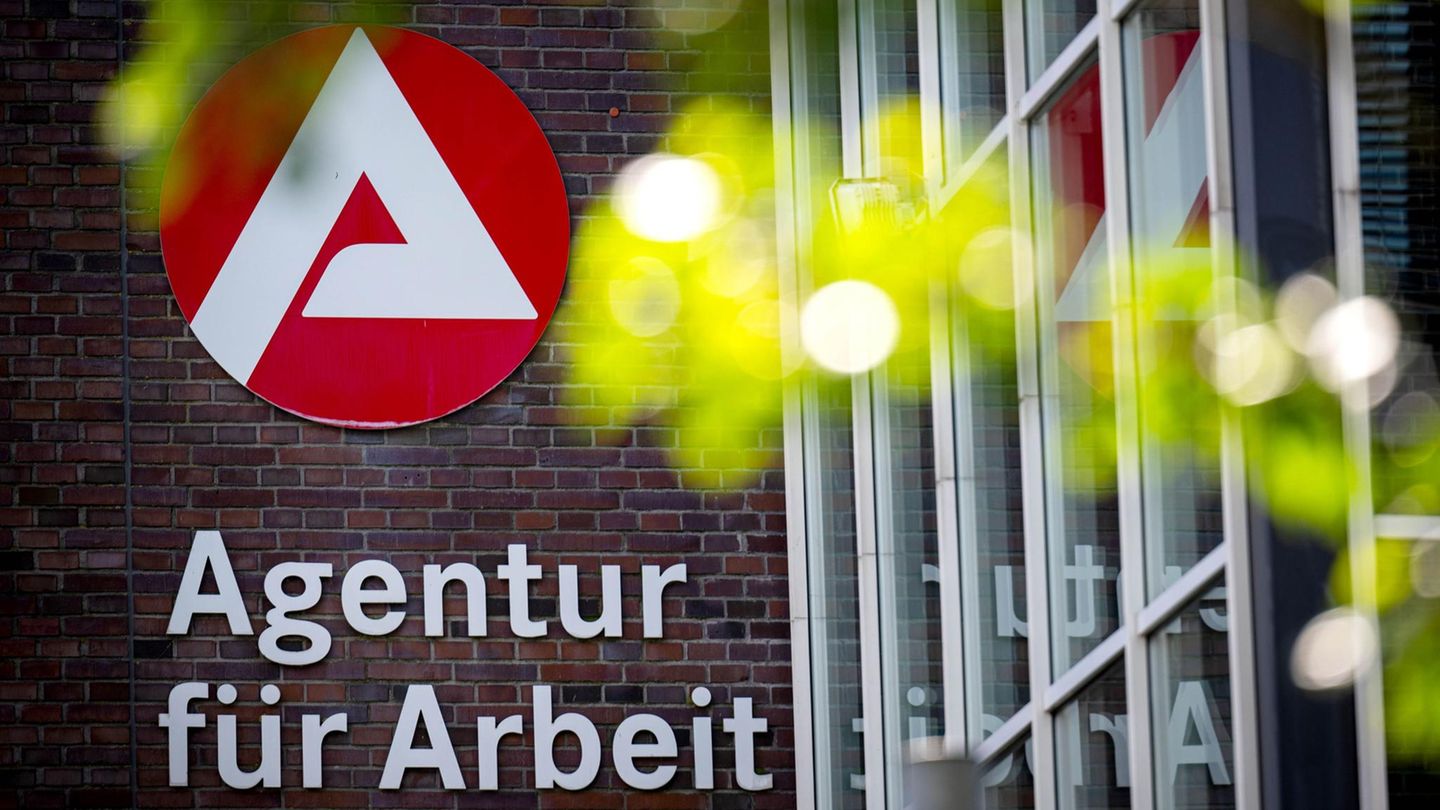In the shadow of Russia’s war against Ukraine, Azerbaijan is attacking Moscow’s protégé Armenia. After heavy fighting, the warring states agree on a ceasefire. But the losses are high.
According to Armenian sources, a ceasefire has been agreed after two days of heavy fighting between Azerbaijan and Armenia in the South Caucasus. The situation has been relatively calm since then, the Ministry of Defense said on Thursday in the Armenian capital Yerevan. The ceasefire has been in effect since Wednesday evening at 8:00 p.m. local time (6:00 p.m. CEST), as Secretary of the Armenian Security Council, Armen Grigoryan, said on television.
“The EU welcomes the agreement on a ceasefire,” wrote a spokesman for EU foreign policy chief Josep Borrell on Twitter. Brussels is calling on Baku and Yerevan to observe the ceasefire.
The authoritarian Republic of Azerbaijan, which is rich in oil and gas, attacked Armenia on Tuesday night and justified this with an alleged previous attempt at sabotage by Armenians. Many international observers, on the other hand, assume that Baku took advantage of the fact that Armenia’s protecting power Russia is currently occupied with the war against Ukraine.
Heavy casualties on both sides
Armenia feels threatened in its existence by its neighbor Azerbaijan, which is supported by Turkey. According to official figures, 105 soldiers died on the Armenian side and 71 on the Azerbaijani side.
The two ex-Soviet republics have been at war with each other for decades over the Nagorno-Karabakh region. According to information from Yerevan, this time it was not the conflict region that was attacked, but regions in the heartland of Armenia. After a war in the fall of 2020, Russia sent so-called peacekeepers to the region from the Kremlin. Their number of 2000 is said to have been reduced recently because of the war in Ukraine.
Armenia appealed to Russia and the Moscow-dominated military coalition, the Collective Security Treaty Organization (CSTO) for help. However, the alliance, which also includes other former Soviet states such as Belarus and Kazakhstan, initially refused to send soldiers. The conflict should be resolved through diplomatic channels, it said on Thursday.
Russia: Work on peace treaty continues
The Russian side is doing everything to reduce tensions between the two ex-Soviet republics, said Foreign Ministry spokeswoman Maria Zakharova in Moscow. Work on a peace treaty between the warring states will continue.
A meeting between Kremlin chief Vladimir Putin and Azerbaijani President Ilham Aliyev is planned for Friday on the fringes of the Cooperation Organization (SCO) summit in Samarkand, Uzbekistan. Aliyev, who governs with an iron hand and has been criticized for serious human rights violations, is an important gas supplier to Europe.
Armenian Prime Minister Nikol Pashinyan, on the other hand, did not travel to Uzbekistan for the meeting, as originally planned, due to the tense situation in his country. Thousands of protesters in Yerevan demanded Pashinyan’s resignation.
Source: Stern
David William is a talented author who has made a name for himself in the world of writing. He is a professional author who writes on a wide range of topics, from general interest to opinion news. David is currently working as a writer at 24 hours worlds where he brings his unique perspective and in-depth research to his articles, making them both informative and engaging.




